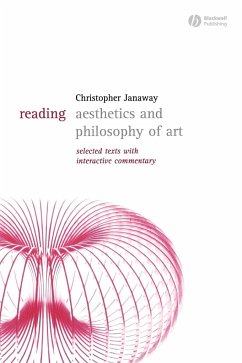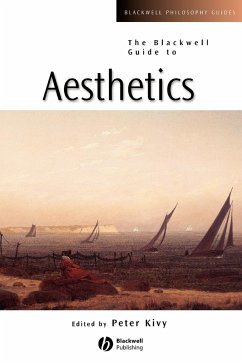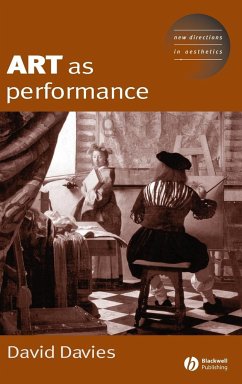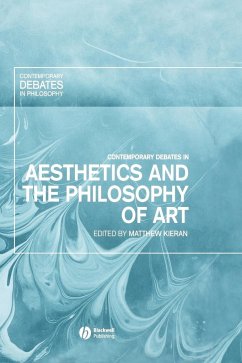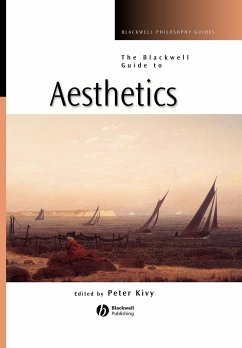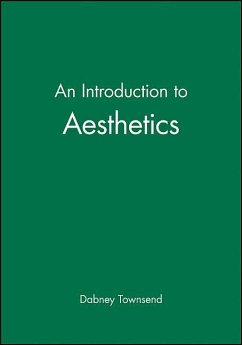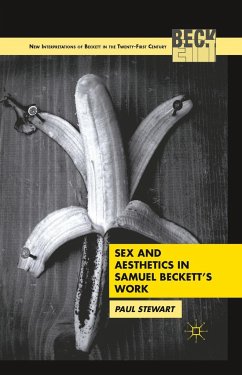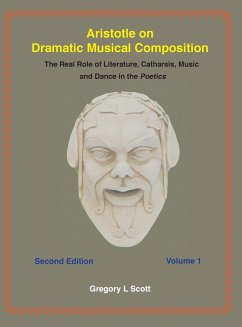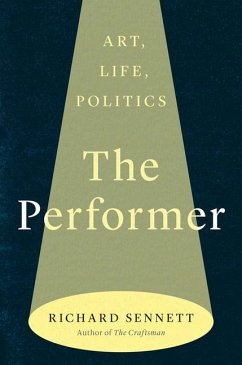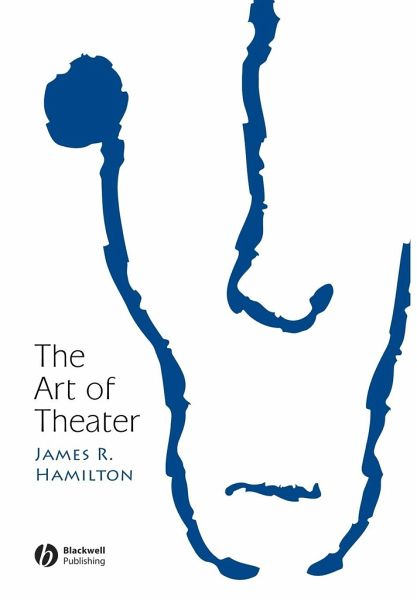
Art Theater

PAYBACK Punkte
22 °P sammeln!
Are theatrical performances merely interpretations of works of dramatic literature? Theatrical performances change according to a number of influences, from audience and cast, to time and place. Our actual experiences in viewing theatrical performances reflect this truth: we understand that when we see a play, we are seeing a particular director and cast's vision and artistry. The Art of Theater argues that performance is, and has always been, an art form in its own right, distinct from the literary texts that it uses. It is an affirmation of how we actually encounter theater, and James R. Ham...
Are theatrical performances merely interpretations of works of dramatic literature? Theatrical performances change according to a number of influences, from audience and cast, to time and place. Our actual experiences in viewing theatrical performances reflect this truth: we understand that when we see a play, we are seeing a particular director and cast's vision and artistry. The Art of Theater argues that performance is, and has always been, an art form in its own right, distinct from the literary texts that it uses. It is an affirmation of how we actually encounter theater, and James R. Hamilton gives us the tools to identify the fundamental elements that are needed to grasp the independence of theatrical performance. Examining the competing views of text-performance and performer-audience relationships, The Art of Theater applies a philosophical approach to the understanding, interpretation, and appreciation of theatrical art.




